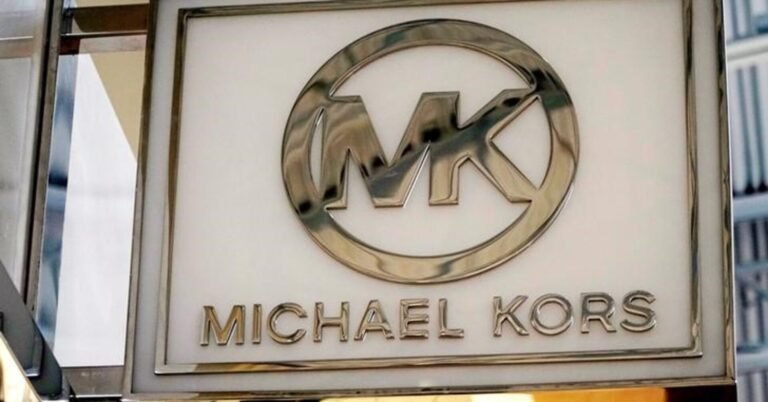In a federal courtroom on Monday, renowned fashion designer Michael Kors provided insight into the challenges of maintaining brand relevance in today’s rapidly shifting fashion landscape. His testimony was part of an antitrust trial in Manhattan, where the Federal Trade Commission (FTC) is attempting to block Tapestry’s $8.5 billion acquisition of Capri Holdings, which includes Kors’s eponymous brand.
Kors, who founded Michael Kors in 1981 and continues to serve as its chief creative director, discussed the difficulties even established brands face in an era dominated by viral social media trends and celebrity endorsements. “Sometimes you’ll be the hottest thing on the block,” he remarked. “Sometimes you’ll be lukewarm. Sometimes you’ll be cold.” He admitted that his brand has experienced a period of “brand fatigue” and needs revitalization.
The FTC’s lawsuit argues that merging Tapestry’s Coach, Kate Spade, and Stuart Weitzman with Capri’s Versace, Jimmy Choo, and Michael Kors would create a dominant player in the handbag market. This, the FTC contends, could lead to higher prices and reduced product quality due to decreased competition.
Attorneys for Tapestry and Capri have countered the FTC’s claims, suggesting that competition in the market has actually increased. They point to the growing influence of both high-end luxury brands and affordable fast-fashion options, along with the rise of online-only platforms and secondhand marketplaces.
Kors’s testimony reflects the broader difficulties facing luxury brands as consumer preferences shift. His own brand has struggled recently, with shares of Capri Holdings dropping approximately 24% this year, in contrast to the S&P 500’s 18% gain and Tapestry’s 17% rise. Additionally, Michael Kors reported a 14.2% decline in revenue for the most recent fiscal quarter.
Kors noted the significant impact that celebrities have on brand visibility and sales. He recounted how he became aware of Aupen, a new handbag brand, after seeing Taylor Swift carrying one of their bags. The brand’s website crashed due to high traffic, illustrating the profound effect that celebrity endorsements can have on a brand’s success.
Former Macy’s CEO Jeff Gennette also testified, highlighting how a reliance on Michael Kors’ brand negatively affected the department store’s performance. He attributed some of Macy’s struggles to markdowns on Michael Kors’ products, which contributed to a challenging sales environment.
The antitrust trial is set to conclude on Tuesday with testimony from economists representing both the FTC and the companies involved. The outcome of this trial could have significant implications for the future dynamics of the fashion industry, particularly in how competition is managed and how consumer trends influence brand strategies.

